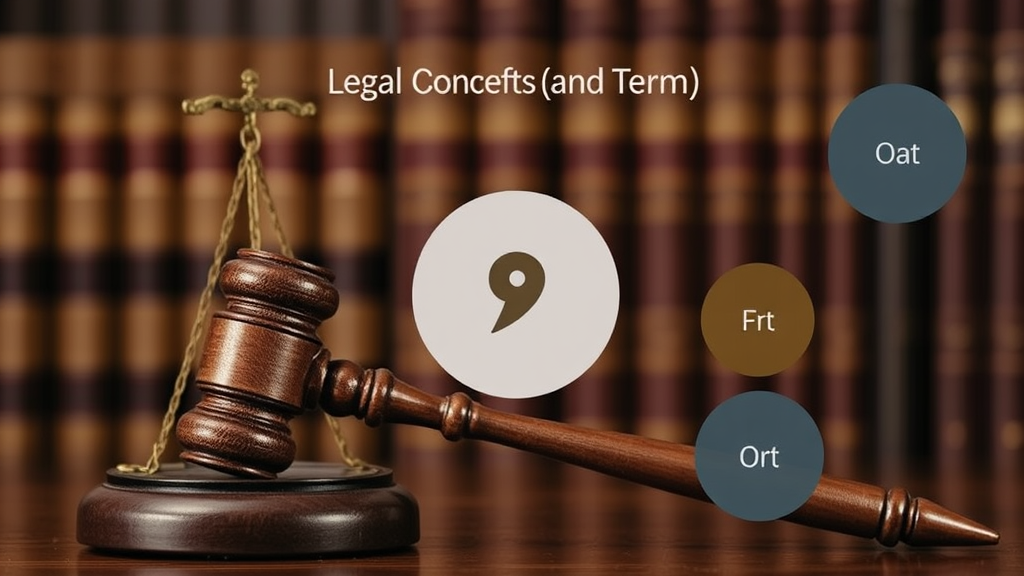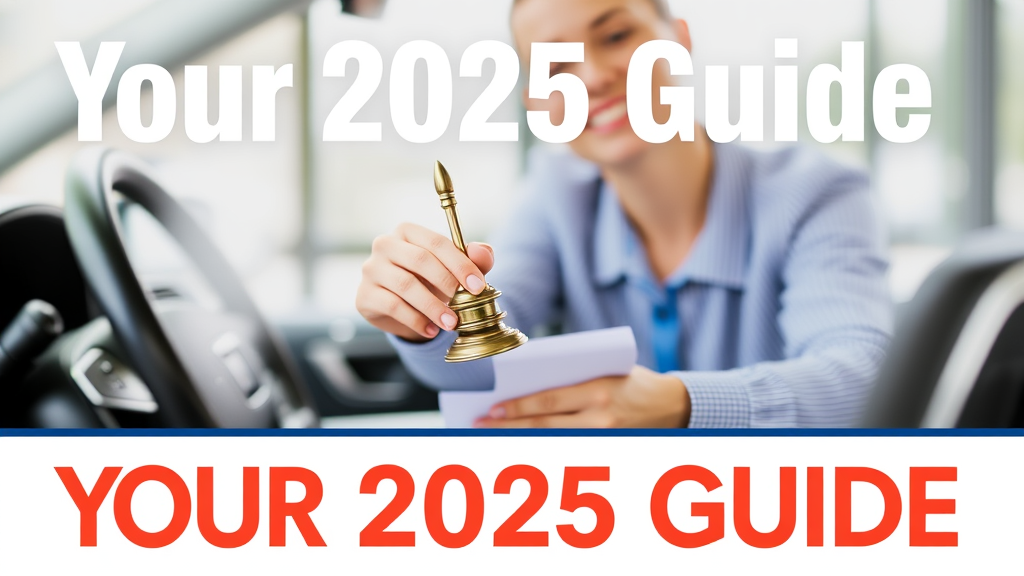The aftermath of a car accident can be an overwhelming and confusing experience. Beyond the immediate concerns of physical injuries and vehicle damage, victims often face a labyrinth of insurance claims, legal complexities, and financial burdens.
In such challenging times, understanding your rights and having expert guidance is paramount. This comprehensive guide aims to shed light on the crucial role of a car insurance accident lawyer in navigating these turbulent waters, especially within the intricate legal landscape of the United States. We will explore how these legal professionals can help you secure fair compensation, protect your interests, and alleviate the stress associated with post-accident procedures. Whether you’re dealing with minor fender-benders or severe collisions, the insights provided here will empower you to make informed decisions and pursue the justice you deserve.
Understanding Car Accidents and Insurance Claims in the US

Car accidents are an unfortunate reality on American roads, impacting millions of lives annually. The National Highway Traffic Safety Administration (NHTSA) provides critical data that underscores the scale of this issue. According to their early estimates for 2024, approximately 39,345 people died in traffic crashes across the United States. This figure, while representing a decrease of about 3.8% compared to 2023, still highlights a significant public safety concern. The fatality rate for 2024 also saw a decrease to 1.20 fatalities per 100 million vehicle miles traveled, the lowest since 2019. These statistics emphasize the persistent risk of accidents and the potential for severe consequences.
Common causes of car accidents in the U.S. include distracted driving, speeding, impaired driving (alcohol or drugs), fatigued driving, and aggressive driving. Environmental factors such as adverse weather conditions and poor road maintenance also contribute to collisions. Each accident, regardless of its cause, triggers a complex process involving insurance claims, medical treatments, and potential legal actions.
In the U.S., car insurance is designed to provide financial protection against physical damage and/or bodily injury resulting from traffic collisions. Key types of car insurance include:
•Liability Coverage: Covers damages and injuries you cause to other drivers and their vehicles.
•Collision Coverage: Pays for damage to your own vehicle resulting from a collision with another vehicle or object.
•Comprehensive Coverage: Covers non-collision related damages to your vehicle, such as theft, vandalism, or natural disasters.
•Personal Injury Protection (PIP) / Medical Payments (MedPay): Covers medical expenses for you and your passengers, regardless of fault.
•Uninsured/Underinsured Motorist (UM/UIM) Coverage: Protects you if you’re involved in an accident with a driver who has no insurance or insufficient insurance.
Navigating these insurance policies and the claims process can be daunting. Insurance companies, while serving a vital role, are businesses focused on minimizing payouts. This is where the expertise of a car insurance accident lawyer becomes invaluable, ensuring that your claim is handled fairly and that you receive the compensation you are entitled to.
When to Hire a Car Insurance Accident Lawyer

While not every car accident necessitates legal representation, there are specific circumstances where the involvement of a car insurance accident lawyer can significantly impact the outcome of your claim. Understanding these situations can help you decide when professional legal assistance is not just beneficial, but essential.
Complex Cases
Accidents involving serious injuries, multiple vehicles, or commercial trucks often lead to complex legal and medical issues. These cases typically involve extensive medical records, expert testimonies, and intricate liability determinations. A lawyer specializing in car accidents has the experience to manage these complexities, ensuring all aspects of your case are thoroughly investigated and documented.
Disputed Liability
If there is a disagreement about who was at fault for the accident, or if the other party’s insurance company attempts to shift blame onto you, a lawyer can be crucial. They can gather evidence, interview witnesses, and reconstruct the accident scene to establish liability and protect you from unfair accusations.
Insurance Company Denying or Low-Balling Claims
Insurance companies are profit-driven entities, and their primary goal is often to minimize payouts. If your insurance claim is denied without a clear, justifiable reason, or if the settlement offer is significantly lower than what you believe your damages are worth, it’s a strong indicator that you need legal help. A car insurance accident lawyer can challenge the insurance company’s decision, negotiate for a fair settlement, and, if necessary, take your case to court. As noted by legal experts, while not always necessary for filing a claim, a lawyer becomes vital when the insurance company disputes coverage or offers an inadequate settlement.
Understanding Legal Rights and Navigating the System
The legal system surrounding car accidents and insurance claims can be incredibly complex. Many individuals are unaware of their full legal rights or the nuances of personal injury law. A lawyer can educate you on your rights, explain the legal process, and guide you through each step, ensuring you don’t inadvertently jeopardize your claim. They can also help with proper documentation from the beginning, which is crucial for a strong case.
The Role of a Car Insurance Accident Lawyer
A car insurance accident lawyer plays a multifaceted and critical role in ensuring that victims of car accidents receive the justice and compensation they deserve. Their expertise extends far beyond simply filing paperwork; they act as your advocate, investigator, negotiator, and, if necessary, your representative in court.
Investigation and Evidence Collection
One of the primary roles of a car insurance accident lawyer is to conduct a thorough investigation into the accident. This involves:
•Gathering Evidence: Collecting police reports, medical records, witness statements, photographs of the accident scene and vehicle damage, and any available video surveillance.
•Accident Reconstruction: Working with accident reconstruction specialists to determine the cause of the accident and establish fault.
•Identifying All Liable Parties: Ensuring that all parties responsible for the accident and your injuries are identified, which can sometimes extend beyond just the other driver to include vehicle manufacturers, government entities responsible for road maintenance, or even employers.
Negotiating with Insurance Companies
Dealing with insurance adjusters can be challenging. They are trained to minimize payouts, and without legal representation, you might inadvertently accept a settlement that is far less than your case is worth. A car insurance accident lawyer will:
•Communicate on Your Behalf: Handle all communications with insurance companies, protecting you from tactics that could undermine your claim.
•Calculate Fair Compensation: Accurately assess the full extent of your damages, including medical expenses (past and future), lost wages, pain and suffering, property damage, and other related costs.
•Negotiate Settlements: Leverage their legal knowledge and the evidence collected to negotiate aggressively for a fair settlement that covers all your losses. They understand the intricacies of insurance policies and legal precedents, allowing them to counter low offers effectively.
Litigation and Trial Representation
While many car accident cases are settled out of court, some require litigation. If a fair settlement cannot be reached through negotiation, your car insurance accident lawyer will be prepared to take your case to trial. This involves:
•Filing a Lawsuit: Preparing and filing all necessary legal documents to initiate a lawsuit.
•Discovery Process: Exchanging information with the opposing side, including depositions, interrogatories, and requests for documents.
•Courtroom Representation: Presenting your case persuasively in court, arguing on your behalf, and cross-examining witnesses to secure a favorable verdict.
Understanding Contingency Fees and Other Costs
One of the most common questions individuals have is about the cost of hiring a car insurance accident lawyer. The good news is that most car insurance accident lawyers operate on a contingency fee basis. This means:
•No Upfront Fees: You do not pay any legal fees unless your lawyer wins your case or secures a settlement for you.
•Percentage of Settlement: The lawyer’s fee is a percentage of the final settlement or awarded compensation, typically ranging from 25% to 40%. This percentage can vary based on the complexity of the case and whether it goes to trial.
In addition to the contingency fee, there might be other costs associated with your case, such as court filing fees, expert witness fees, medical record retrieval costs, investigation expenses, and administrative fees. It is crucial to clarify with your lawyer how these additional costs will be handled during your initial consultation. Many lawyers offer free initial consultations, providing an excellent opportunity to discuss your case and understand their fee structure without any financial commitment.
Key Legal Concepts and Terms

Navigating the legal aftermath of a car accident requires familiarity with several key legal concepts and terms. Understanding these will help you better comprehend the legal process and the discussions with your car insurance accident lawyer.
Negligence
Negligence is a fundamental concept in personal injury law. It refers to the failure of an individual to exercise a reasonable level of care, resulting in harm to another person. To prove negligence in a car accident case, your lawyer must establish four elements:
1.Duty of Care: The other driver had a legal duty to operate their vehicle with reasonable care.
2.Breach of Duty: The driver breached that duty through a specific action or inaction (e.g., speeding, texting while driving).
3.Causation: The driver’s breach of duty directly caused the accident and your injuries.
4.Damages: You suffered actual damages as a result of the accident (e.g., medical bills, lost wages, pain and suffering).
Personal Injury Protection (PIP)
Personal Injury Protection (PIP) is a type of insurance coverage that pays for medical expenses and lost wages for you and your passengers, regardless of who is at fault for the accident. It is mandatory in some states, known as “no-fault” states. PIP coverage helps ensure that you receive prompt medical care without having to wait for a determination of fault.
Uninsured/Underinsured Motorist (UM/UIM) Coverage
Uninsured/Underinsured Motorist (UM/UIM) coverage is a crucial component of your own auto insurance policy. It protects you in the event that you are involved in an accident with a driver who has no insurance (uninsured) or insufficient insurance to cover your damages (underinsured). This coverage can be a lifesaver, as it provides a source of compensation when the at-fault party cannot pay.
Statute of Limitations
The statute of limitations is a state law that sets a time limit on how long you have to file a lawsuit after an accident. This time limit varies by state and can range from one to six years for personal injury claims. It is critical to be aware of the statute of limitations in your state, as failing to file a lawsuit within the specified timeframe will likely result in your case being dismissed. A car insurance accident lawyer will ensure that all legal deadlines are met, protecting your right to seek compensation.
Choosing the Right Car Insurance Accident Lawyer
Selecting the right car insurance accident lawyer is a critical decision that can significantly influence the outcome of your case. With numerous legal professionals available, it’s essential to consider several factors to ensure you choose an attorney who is best suited to represent your interests.
Experience and Specialization
Look for a lawyer with extensive experience in personal injury law, specifically car accident cases. A lawyer who specializes in this area will have a deep understanding of the relevant laws, court procedures, and common tactics employed by insurance companies. They will also have a proven track record of successfully handling cases similar to yours.
Reputation and Client Testimonials
Research the lawyer’s reputation. Online reviews, client testimonials, and peer endorsements can provide valuable insights into their professionalism, effectiveness, and client satisfaction. A reputable car insurance accident lawyer will have a strong standing within the legal community and positive feedback from former clients.
Communication and Transparency
Effective communication is vital throughout the legal process. Choose a lawyer who is responsive, clear in their explanations, and keeps you informed about the progress of your case. They should be transparent about their fee structure, potential costs, and the realistic outcomes of your claim. During your initial consultation, pay attention to how well they listen to your concerns and how clearly they articulate their strategy.
Remember, the right car insurance accident lawyer will not only possess legal acumen but also demonstrate empathy and a genuine commitment to your well-being. Take your time, ask questions, and choose a legal partner you trust to advocate for your rights.
Frequently Asked Questions (FAQs)
Here are some common questions people have regarding car accidents and hiring a car insurance accident lawyer:
Do I always need a lawyer for a car accident claim?
No, not always. For minor accidents with no injuries and minimal property damage, you might be able to handle the claim directly with the insurance company. However, if there are injuries, disputed liability, or if the insurance company is denying your claim or offering a low settlement, hiring a car insurance accident lawyer is highly recommended. They can protect your rights and help you secure fair compensation.
How much does a car accident lawyer cost?
Most car accident lawyers work on a contingency fee basis, meaning they only get paid if you win your case. Their fee is typically a percentage of your settlement, usually ranging from 25% to 40%. You generally won’t pay any upfront fees. Be sure to discuss all potential costs, including court fees and expert witness fees, during your initial consultation.
What is the average settlement for a car accident?
Car accident settlements vary widely depending on the severity of injuries, property damage, medical expenses, lost wages, and pain and suffering. Settlements can range from a few thousand dollars for minor cases to hundreds of thousands or even millions for severe injuries or wrongful death. For car accidents, settlements average around 37,248.62,whiletruckaccidentcasesseeaveragesat37,248.62, while truck accident cases see averages at 103,654.08. A car insurance accident lawyer can help you understand the potential value of your claim.
How long does a car accident claim take?
The duration of a car accident claim can vary significantly. Simple cases with clear liability and minor injuries might settle in a few months. More complex cases involving serious injuries, extensive medical treatment, or litigation can take a year or more, sometimes several years if they go to trial. Your lawyer can provide a more accurate timeline based on the specifics of your case.
What evidence do I need after a car accident?
After a car accident, it’s crucial to gather as much evidence as possible. This includes:
- Police report
- Photographs and videos of the accident scene, vehicle damage, and injuries
- Contact information of witnesses
- Medical records and bills related to your injuries
- Proof of lost wages (if applicable)
- Any communication with insurance companies
A car insurance accident lawyer can help you collect and organize this evidence to build a strong case.
Conclusion
The aftermath of a car accident can be a challenging and emotionally taxing period. While dealing with physical recovery and vehicle repairs, the complexities of insurance claims and legal procedures can add significant stress. This is precisely why the expertise of a dedicated car insurance accident lawyer is invaluable. They serve as your steadfast advocate, navigating the intricate legal landscape, negotiating with insurance companies, and, if necessary, representing you in court.
By understanding the role of these legal professionals, the common legal concepts involved, and when to seek their assistance, you empower yourself to make informed decisions. Remember, securing fair compensation for your injuries and damages is not just about financial recovery; it’s about achieving justice and regaining control over your life. Don’t face the challenges alone. Seek professional legal advice from a qualified car insurance accident lawyer to ensure your rights are protected and your case is handled with the expertise it deserves. Your journey to recovery and justice begins with the right legal partner.




